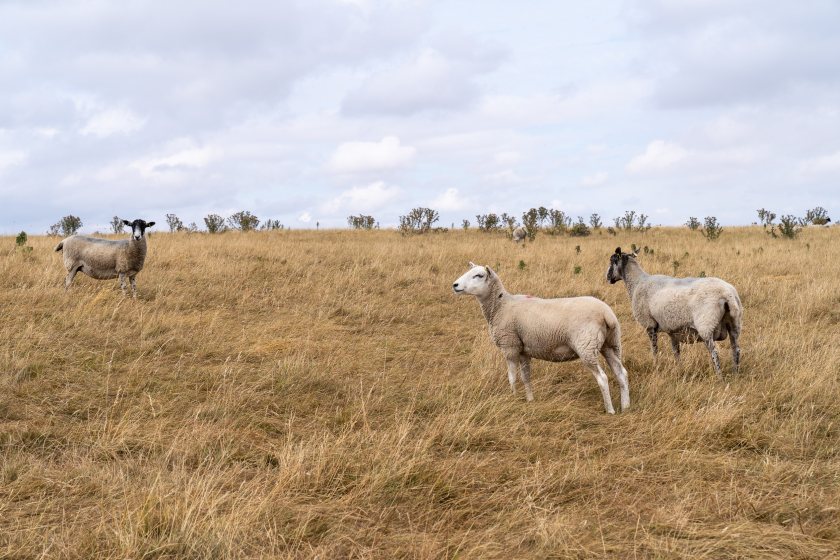
The National Sheep Association (NSA) is urging UK policymakers to embed climate resilience at the core of farming policy as unpredictable weather threatens the future of British agriculture.
The organisation says climate resilience must be more explicitly integrated into agricultural strategies, financial schemes, and long-term planning, both at government and farm level.
The call comes just days after the Met Office issued a stark warning that the UK is now experiencing a “notably different” climate than it did just a few decades ago — a shift already having a visible impact on farming.
“This season is showing once again that we need to find ways of making our farming systems more resilient,” said NSA chief executive, Phil Stocker.
"We have a varied picture across the country, but huge areas are suffering from extreme drought, with many fields looking starkly bare.
“Our weather is getting more unpredictable, and both wet and dry seasons are making planning and farming very difficult. Contingencies are more important.”
Mr Stocker said that while drought and flooding are now familiar threats to productivity, climate trends are also disrupting the life cycles of parasites and the spread of livestock diseases, such as Schmallenberg and bluetongue.
“Sheep have moved around the country for decades to where feed is, moving south and east every autumn, but this year the trend has been reversed in some cases due to a grass shortage,” he added.
“We have also seen changes in stomach worm and blowfly timings, and flocks exposed to viruses for which there are limited means of protection.”
The NSA is encouraging farmers to take proactive steps to build resilience into their own systems, while also calling on policymakers to support this work through funding and clearer objectives within existing and future schemes.
“More explicit and direct mention of climate change resilience and abatement in policy documents, and financial assistance for achieving such outcomes, would be worthwhile,” Mr Stocker said.
The association acknowledged the complexity and scale of the challenge but warned that climate-linked risks are escalating, and failure to adapt could undermine food security and farm business viability across the UK.
